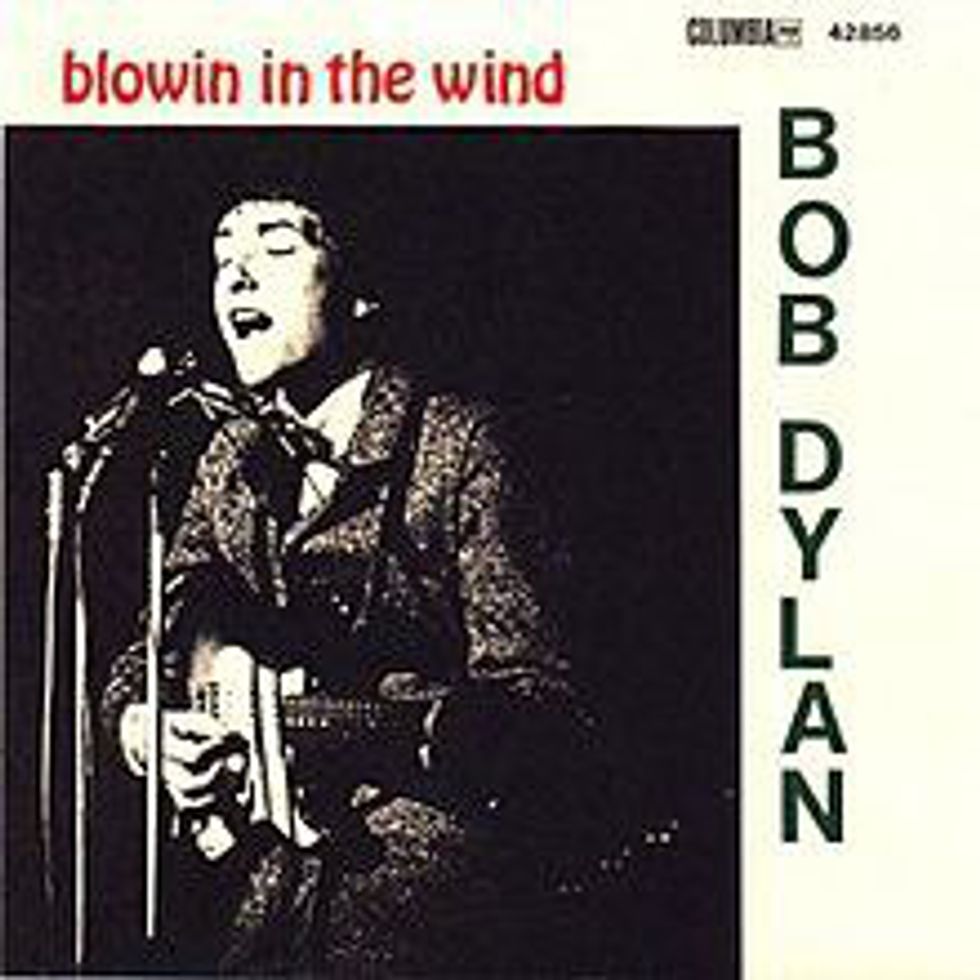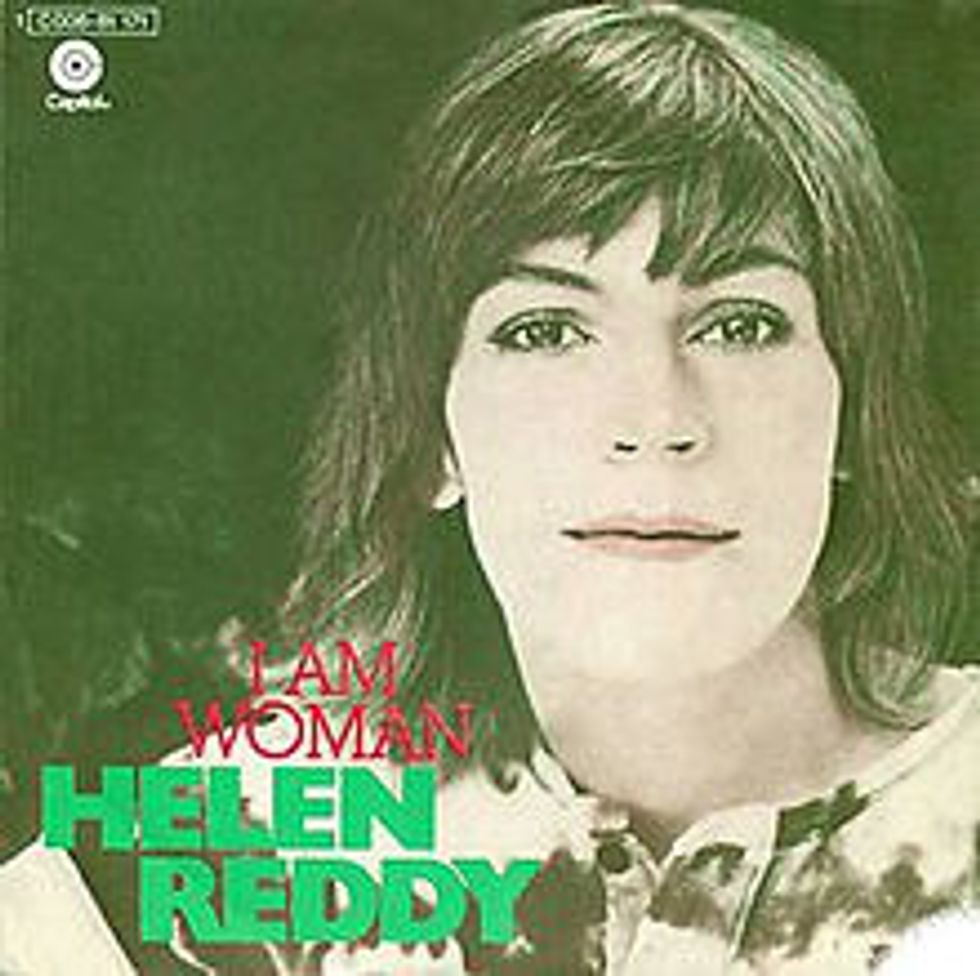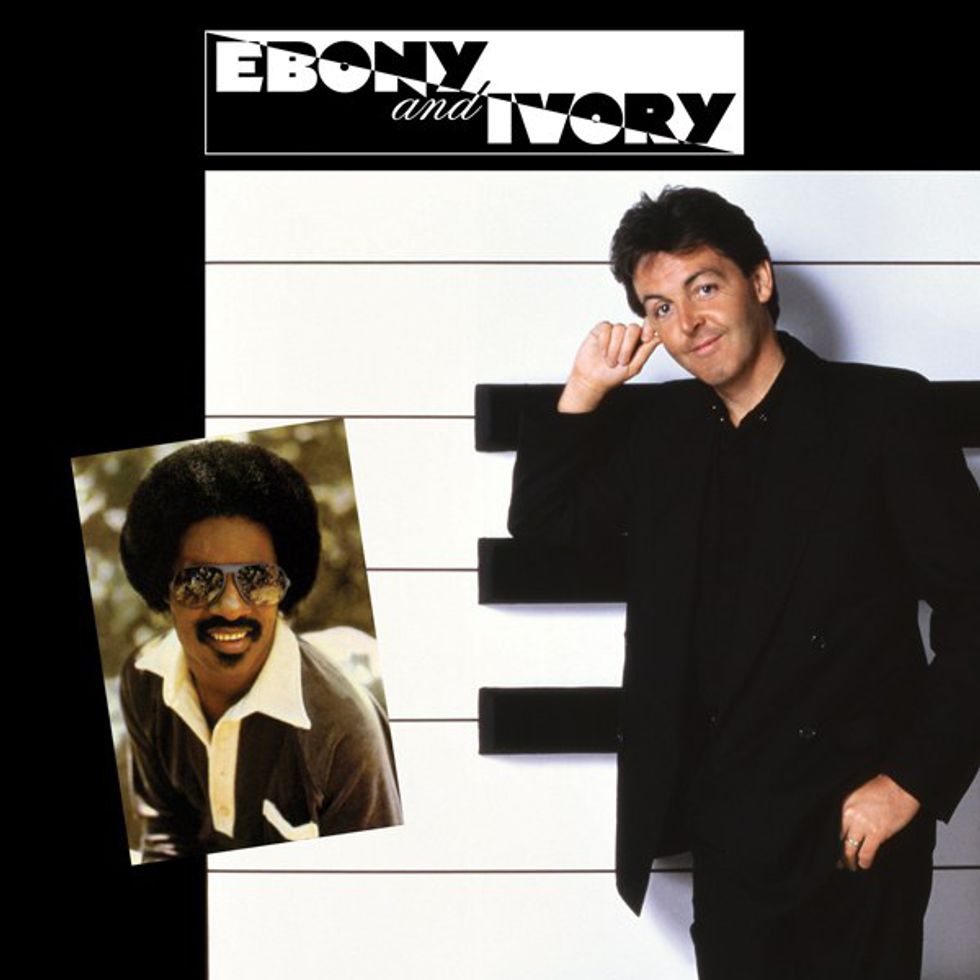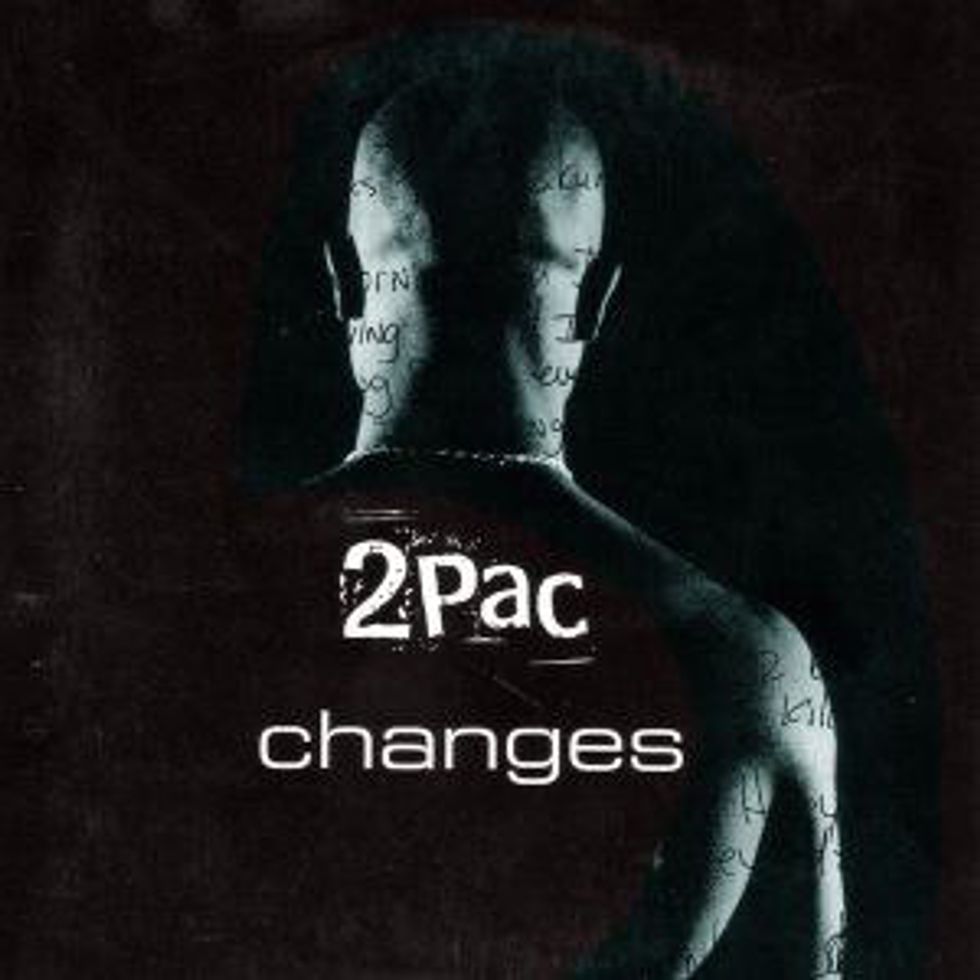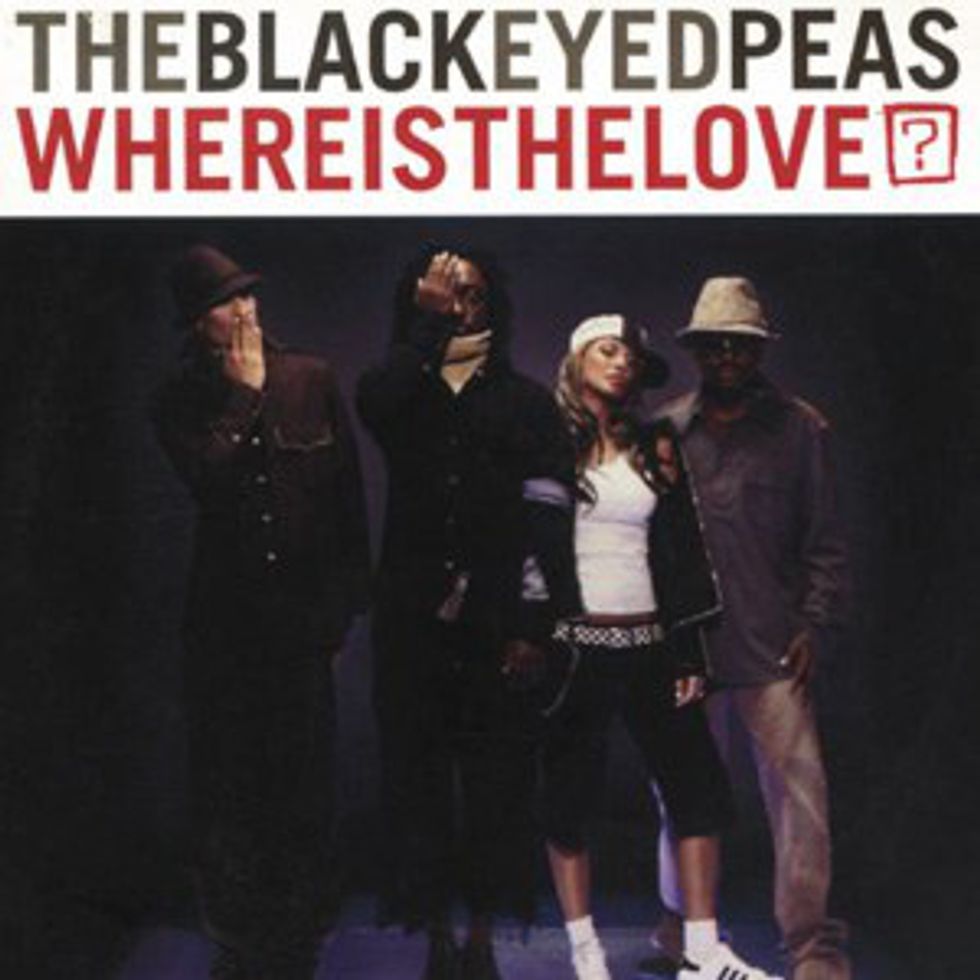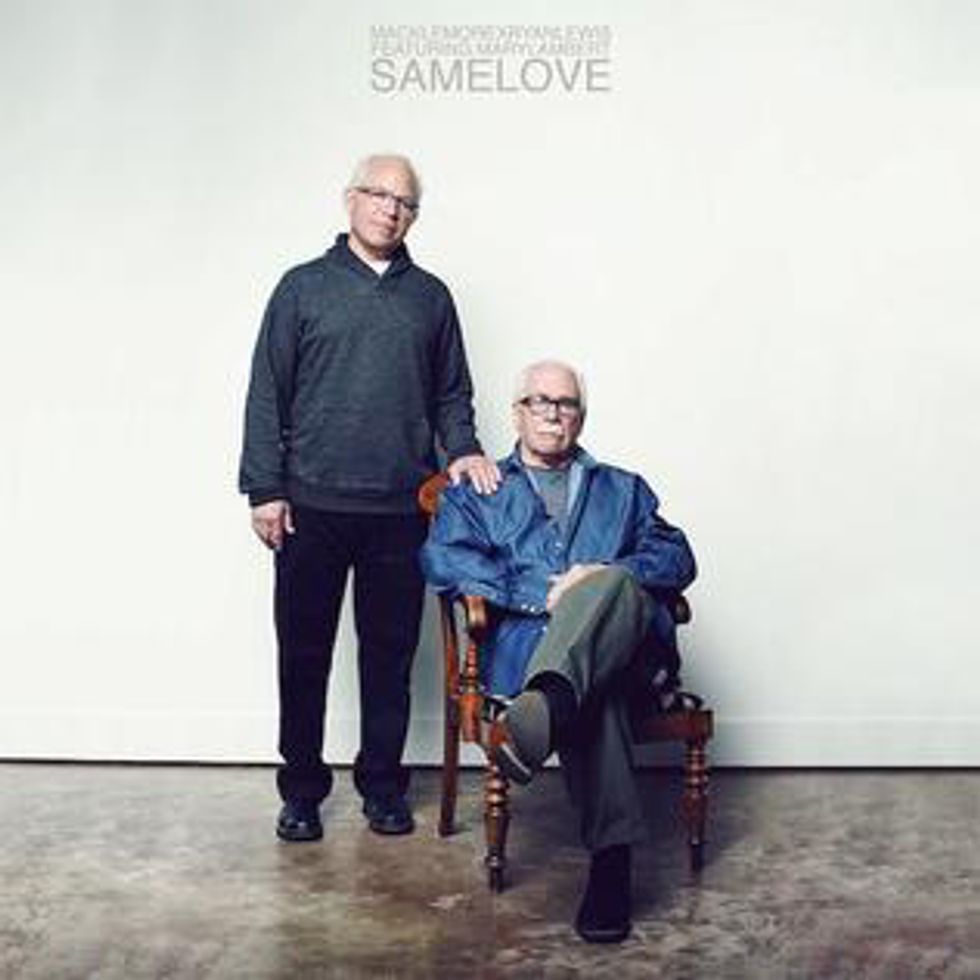Over the decades, music has evolved immensely, leading to a number of different genres. Although the styles change, the messages stay the same, much like society itself. Those messages still hold meaning through the changing decades. The topic of equality and equal rights has been prominent throughout history, and one that musicians haven’t been shy about including in their songs. Starting at the peak of the Civil Rights Movements in the 1960s and moving into the present day, the subject of equality has been a major presence in all different forms of music.
1960’s – “Blowin’ in the Wind” by Bob Dylan
Recommended for you
Released in 1963, this song poses a series of rhetorical questions, many of which have to do with the idea of freedom, “Yes, and how many years can some people exist/ Before they're allowed to be free?” This song can be directly related to the ideas of the Civil Rights Movement and the inequality between whites and African Americans. “How many roads must a man walk down/ Before you call him a man?” It speaks to the challenges African Americans faced as they strove for equality. The chorus itself poses a question of ambiguity, leaving the listener pondering the true meanings.
1970’s – “I am Woman” by Helen Reddy
This song quickly became a hit for female empowerment when it first aired in 1971, “I am woman, hear me roar/ In numbers too big to ignore.” Reddy expressed her desire to write a song that empowered women to show their true strength. Becoming an anthem for the women’s liberation movement, the lyrics speak highly of the desire between men and women: “I am woman watch me grow/ See me standing toe to toe/ As I spread my lovin' arms across the land/ But I'm still an embryo/ With a long, long way to go/ Until I make my brother understand.”
1980’s – “Ebony and Ivory” by Paul McCartney and Stevie Wonder
Released as a single in 1982, this duet reached number one on both the U.S. and U.K. charts, and sent a strong message about racial equality. The song uses its lyrics about ebony and ivory keys on a piano as a metaphor for racial harmony and segregation: “Ebony and Ivory live together in perfect harmony/Side by side on my piano keyboard, oh Lord, why don't we?” Since the topic was so controversial at the time, the song itself was banned in South Africa, making it the only song ever from McCartney’s solo career to receive such an exclusion.
1990’s – “Changes” by Tupac Shakur
"Changes" reigns as one of Tupac’s most popular and notable songs. The song itself, first introduced in 1992, covers a wide range of contemporary issues as the war on drugs, poverty, ghetto life and most prominent the inequality between whites and African Americans: “I got love for my brother, but we can never go nowhere/ unless we share with each other. We gotta start makin' changes./ Learn to see me as a brother 'stead of 2 distant strangers.” The lyrics specifically mention the unjust treatment of African Americans by police, which is an issue still prominent in today’s society. “Changes” is also based on Bruce Hornsby's 1986 song "The Way It Is," which also deals with race relations and equality.
2000s – “Where is the Love?” by The Black Eyed Peas
The Black Eyed Peas were put on the map by their 2003 hit, topping the charts almost instantly. The song’s social conscious lyrics talk about the important of racial equality and acceptance: “But if you only have love for your own race/ Then you only leave space to discriminate.” Equality is a major theme, the song also touching on the state of the U.S. after 9/11 and all the violence surrounding it.
2010s – “Same Love” by Mackelmore and Ryan Lewis
Released in 2012, this song became the first Top 40 song in the U.S. to advocate for same-sex marriage. The song thematically discusses gay rights and the discrimination and inequality that gay people face: “America the brave still fears what we don't know." And "God loves all his children" is somehow forgotten.” Many of it’s lyrics also promote love and peace between all: “When I was at church they taught me something else/ If you preach hate at the service those words aren't anointed/ That holy water that you soak in has been poisoned.” The song promoted the campaign for Washington Referendum 74, which eventually lead to the legalization of same-sex marriage in Washington State.
As the years go by, music will always change and evolve, as will the society that it comes from. Even through all of the changes it faces, music will always be a powerful form of expression. It’s ability to spread important messages to generations will never cease, and the messages they bring forth will continue to speak for years to come.


